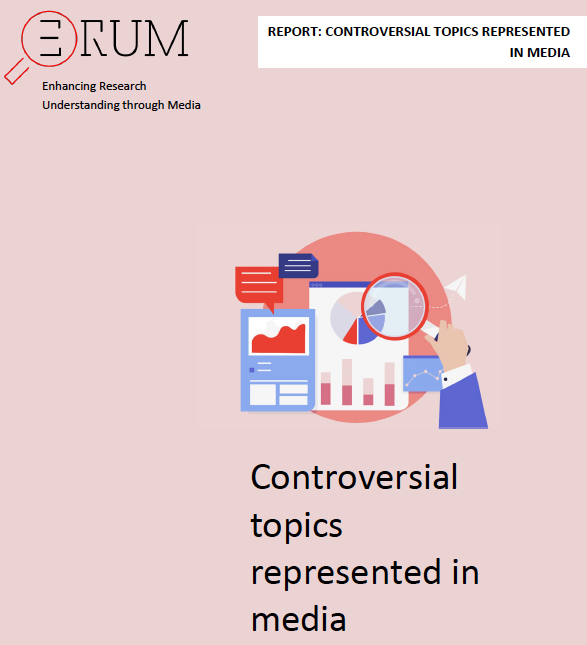Despite the great challenges that Covid-19 brought, this milestone of our ERUM Project has now been achieved thanks to the great dedication and intensive cooperation of all project partners. We are all the more pleased to be able to announce the publication of a general report and five case studies on the subject of mis – and disinformation which deal with controversial topics such as the 5G Network, the outbreak of Covid-19, climate change and reporting on migration and refugees.
In the individual case studies, at least 30 newspaper articles (from national as well as international periodicals) were examined with regard to mis- and disinformation, which all lead to different results. For example, while in the case study about 5G, about a third of the selected articles misrepresented the subject by disinforming (intentionally spreading misleading information), the number was significantly less for the reports concerning coronavirus and climate change skepticism.
Now the partnership will use these case studies for educational purposes and teach how media reports on controversial issues. For this reason, both in the individual reports and in the General Report, teaching and learning strategies were identified. They should equip students and lifelong learners with transversal skills such as critical thinking, creative problem solving, etc. to best improve their resilience towards misleading media content and raise awareness about its impact on our society.
Here are the links to the reports:
- General report
- Refugee representation in Lithuanian Online Media
- Climate change scepticism
- Does 5G technology pose any health risks?
- How the coronavirus pandemic has been covered by Greek media
- Analysis of media articles on the Sea Watch Case: Facts and controversial issues
